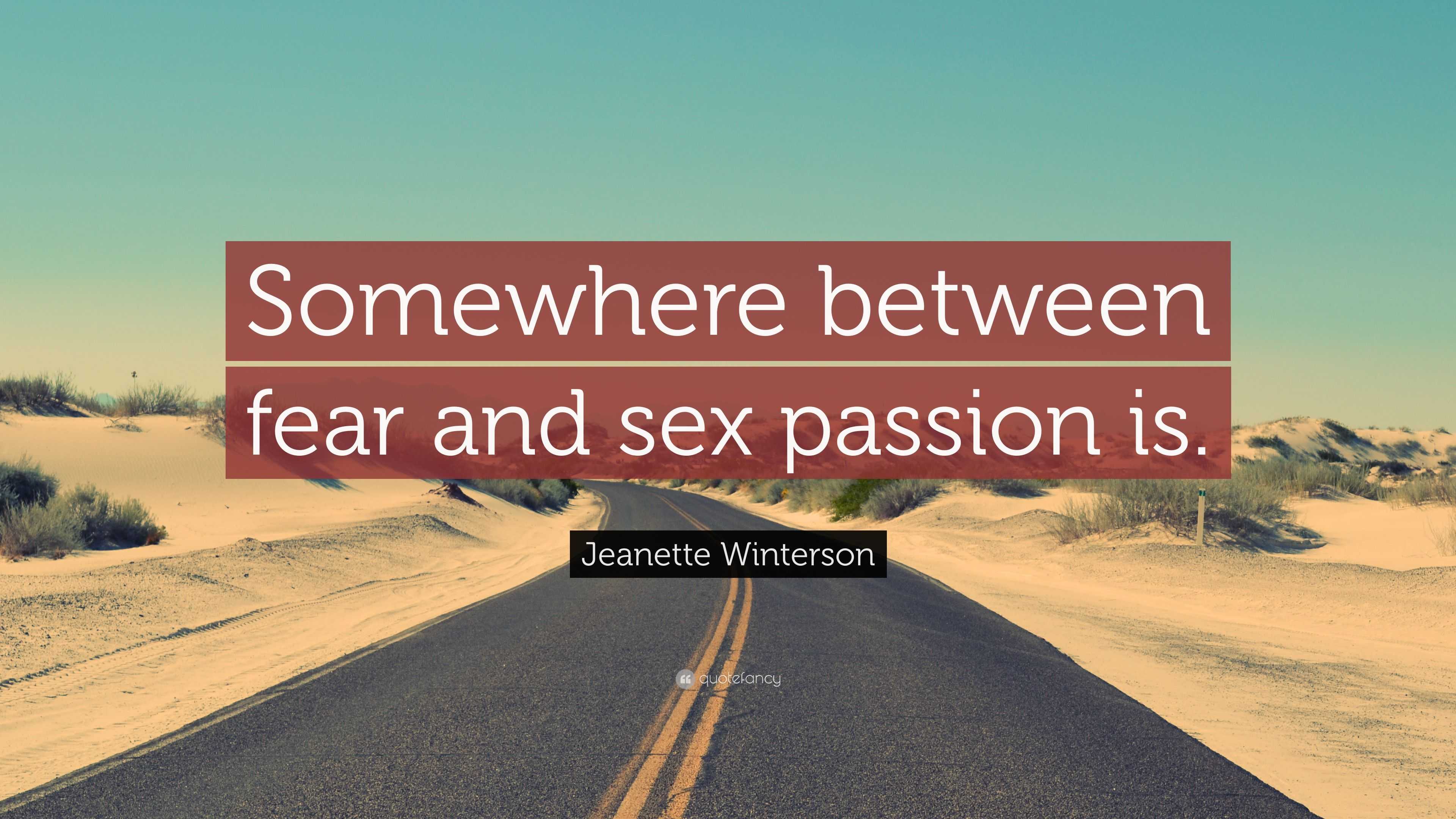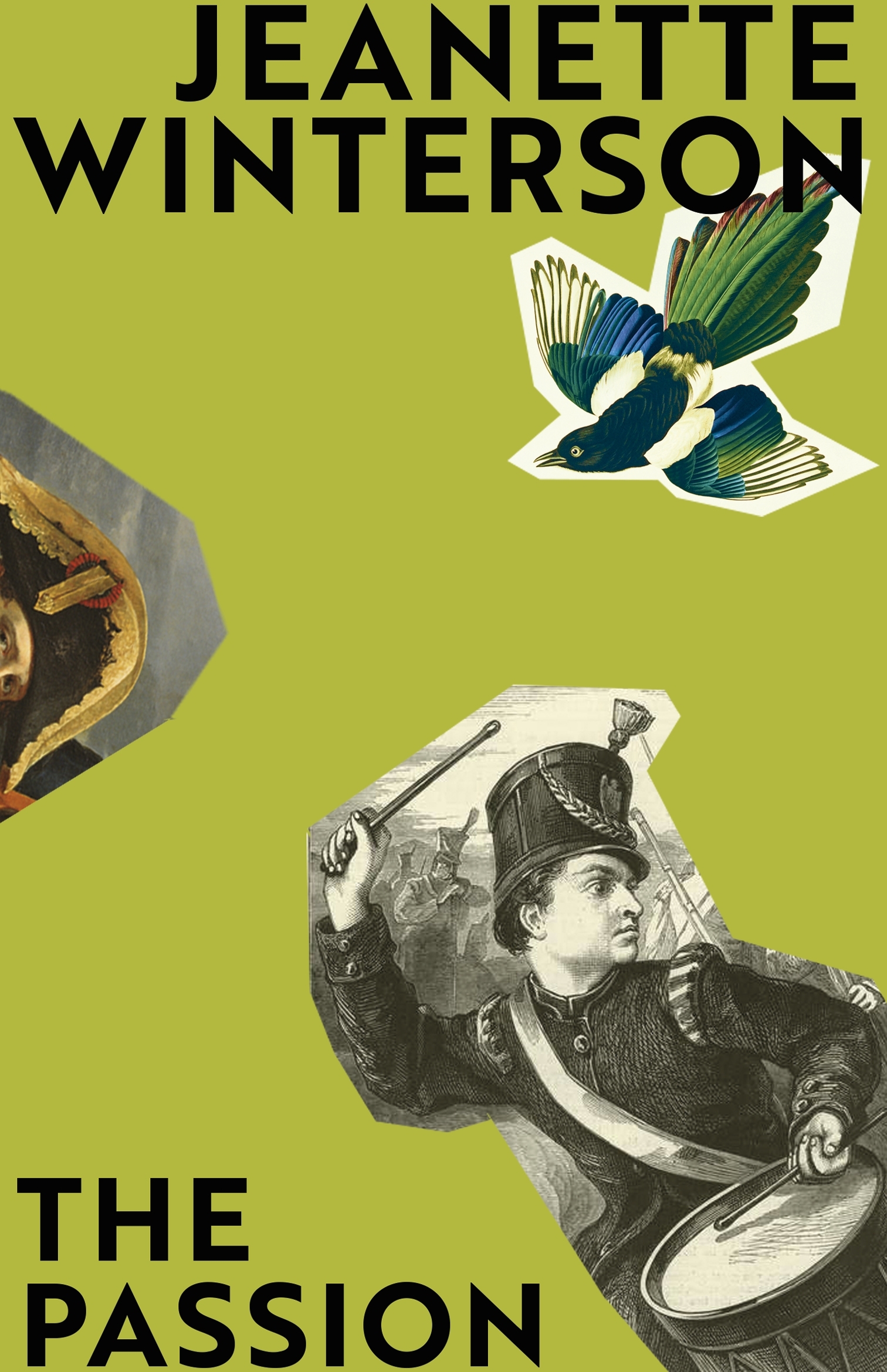
Villanelle’s passion explains itself, without analys is or contemplati on. When Henri feels something, he must record and narrate it. Villanelle knows a passion that does not require the same validation as Henri’s. Her city and her stories tangle and change without warning or will, as though they were telling her story, and not the other way around. Her stories of Venice seem as natural and uncontrived to her as her webbed feet. Villanelle also engages in story telling, but much less self-consciously. His fervent dedication to his diary, his constant chronicling of events, indicates a weak sense of self, in that he uses his stories to create an individual identity, but also attaches himself to the passion of Villanelle. Henri tries endlessly to tell stories that either invent or validate his past, stories that prove either to himself or to his readers that he really exists. Both characters rejoice in the idea of a deep passion pushing them forward, but they also share an incurable anxiety over the flow of time. For Villanelle, the future is the throw of a die for Henri it is a story yet unwritten. They militate against the notion that each has only the present, and once that has gone, it has vanished irretrievably. As Tom Stoppard did for Rosencrantz and Guildenstern, so does Winterson for Henri and Villanelle, giving them a partial context but also implanting within them uneasy fears about the future and the past.



In many ways the two act as characters in search of a text. She uses two characters as narrators to weave crossover stories of love, violence, grandeur, and loss.


 0 kommentar(er)
0 kommentar(er)
